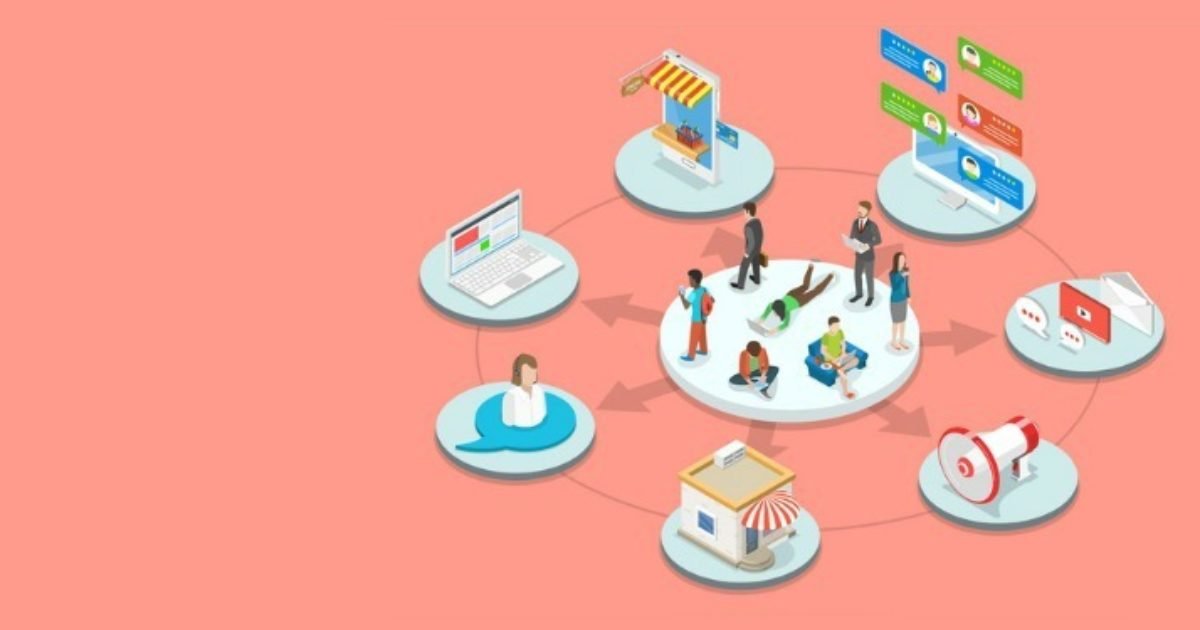c/o Getty Images
In psychology, a heuristic is a mental shortcut that allows people to make decisions quickly and efficiently. It is the way you feel (your affect) toward a particular stimulus that influences the decisions you make. No one likes to be outwitted or to be tricked, I wrote a little about “affect heuristics” on Tuesday because advertisers are perpetually after our attention and politicians after our votes, both of them employing as much inducement and enticement as they can muster. With heuristics, the brain can make faster and more efficient decisions, albeit at the cost of accuracy. Do people in your organisation exhibit curious, predictable biases?
In 1974, behavioural economics researchers Amos Tversky and Daniel Kahneman identified a specific mental process used to simplify decision-making. They showed that humans rely on a limited set of heuristics when making decisions with information about which they are uncertain. The three key heuristics are as follows:
1. Representativeness - allows people to judge the likelihood that an object belongs in a general category or class based on how similar the object is to members of that category.
2. Anchoring - allows people to estimate a number by starting at an initial value (the “anchor”) and adjusting that value up or down.
3. Adjustment and availability - allows people to assess how often an event occurs or how likely it will occur, based on how easily that event can be brought to mind.






















